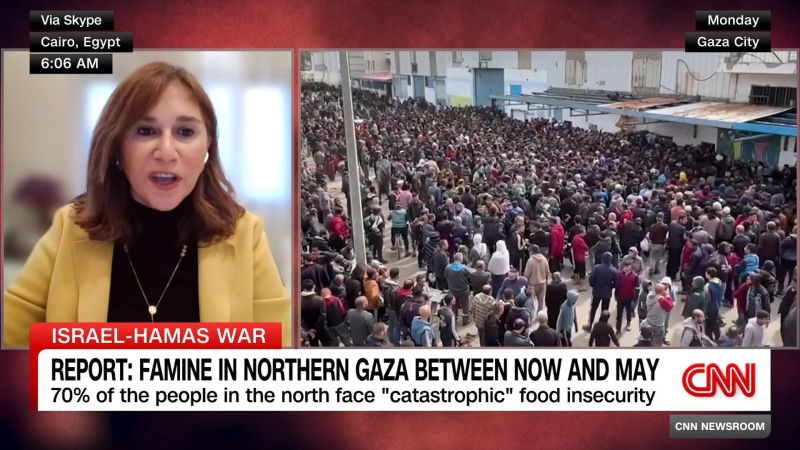
Breaking Point: Over a Million Gazans Teeter on the Edge of ‘Catastrophic’ Famine, New Report Reveals
The severe economic blockade and the three wars over the last decade have devastated Gaza’s economy and have undermined its residents’ livelihoods, with a new report now warning of an impending famine. The northern area of the Palestinian territory is on the brink of catastrophe, with hunger levels facing more than 1 million people reaching critical levels. The rise in food insecurity calls for urgent international attention and action to prevent a full-blown humanitarian crisis.
Gaza’s economy is primarily agrarian; however, the restrictions on farming activities and access to fishing waters, coupled with the unpredictability of the climate, have greatly affected agricultural yield. The blockade on movement of goods and people has not only impacted the agricultural sector but also decimated trade. The macroeconomic impact of these constraints on the local economy has resulted in devastating levels of unemployment, pushing large swathes of the population into abject poverty, and consequently, hunger.
According to the report, the distinction between moderate and severe food insecurity is rapidly becoming blurred as an increasing number of families in Gaza are struggling to meet basic food needs. The nutritional quality of the food available to these families has also plummeted, jeopardizing the health and well-being of children and adults alike.
Furthermore, the cut in funds to the United Nations Relief and Works Agency for Palestine Refugees (UNRWA) has added to the food security pressures. The organization, which had been providing necessary aid, including food parcels, to many Palestinians, is grappling to maintain these services in the face of the funding cuts.
The existing healthcare infrastructure in Gaza is also falling short in confronting the hunger crisis. Malnutrition, a direct consequence of food insecurity, also paves the way for various health conditions that demand medical attention. However, the weak health infrastructure, crippled by lack of resources and the incessant conflict, cannot adequately address these rising health emergencies.
The humanitarian crisis foreseen in the northern area of Gaza is not springing from natural disaster; instead, it’s a culmination of man-made economic and political determinants. Decades-long political conflicts and economic isolation have pushed the residents of Gaza to the brink of survival. The international community’s responsibility in addressing the dire economic and food security situation is paramount.
Mitigating these catastrophic levels of hunger will require a multifaceted response. Immediate food assistance and bolstering of UNRWA’s services are obvious needs. However, addressing the root causes requires striving for lasting peace, lifting the blockade, and facilitating economic recovery in the region. A sustainable food
